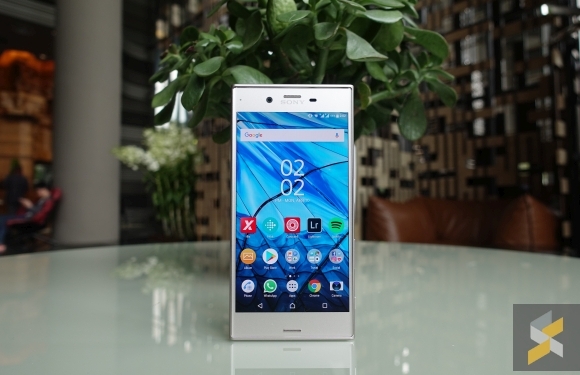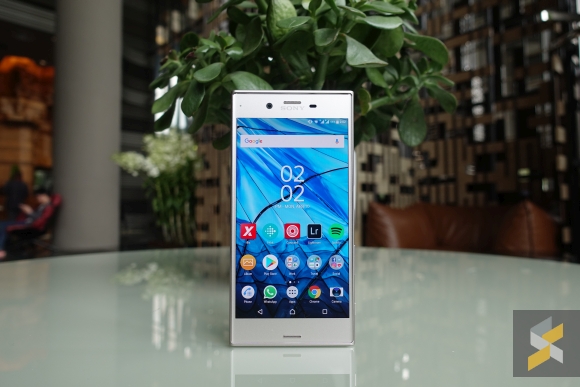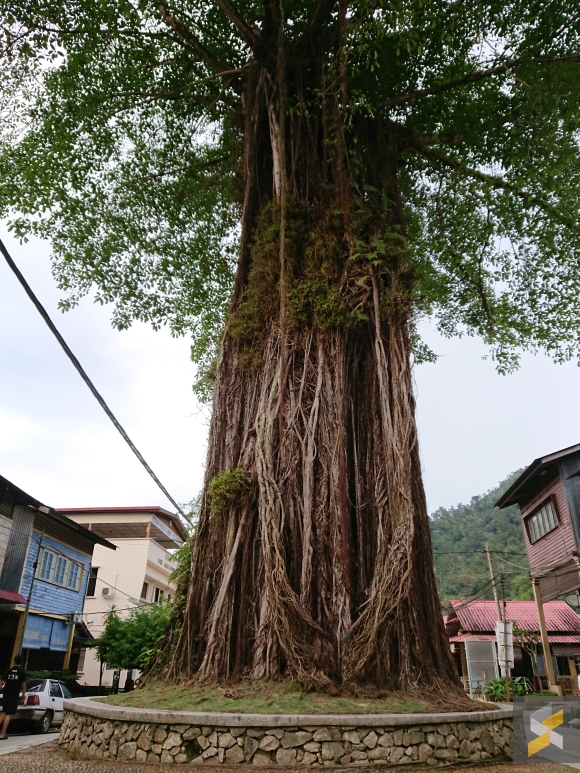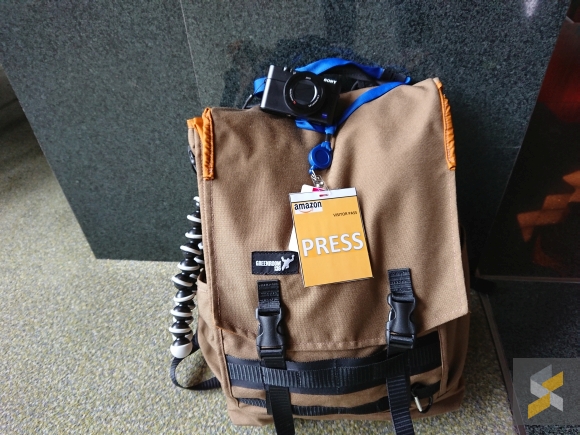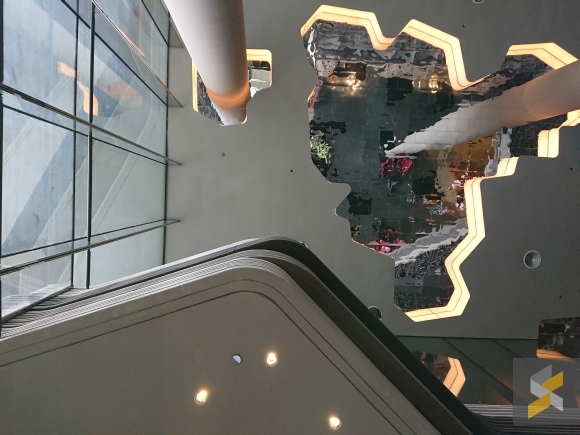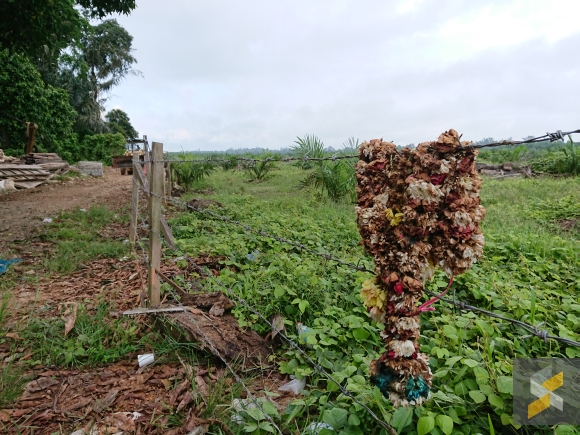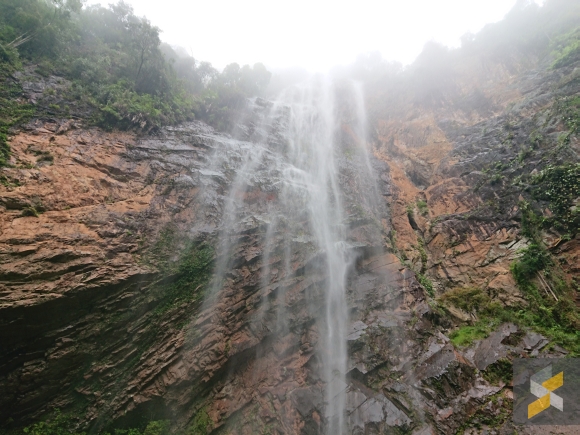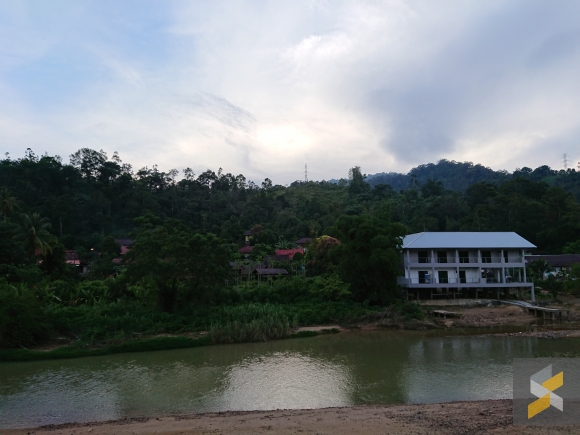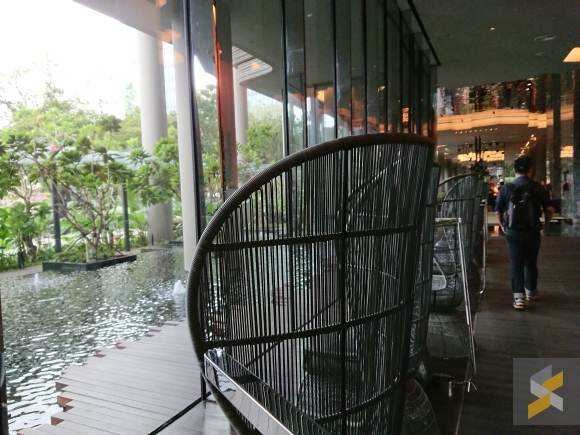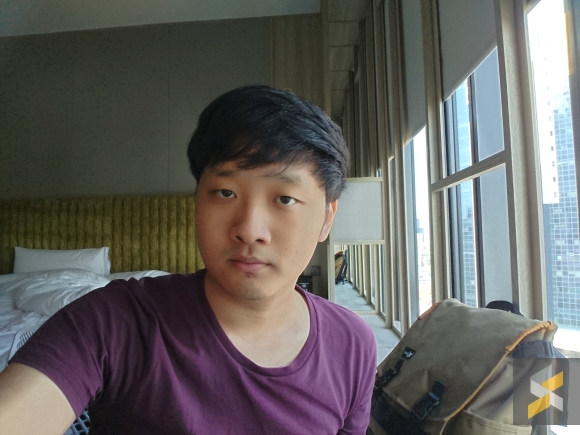Every once in awhile, a phone or gadget or device will come along that will completely rewrite the rulebook. You probably remember a lot of them from the game-changing likes of Apple’s original iPhone to the big revolution of Samsung’s first Galaxy Note.
The Sony Xperia XZs, though, isn’t one of them.
Are you actually surprised? I definitely am not surprised. Back when Sony revealed this phone during the Mobile World Congress 2017 in Barcelona, I had the opportunity to have a quick chat with them about their future as a mobile business.
The gist of it? Well, things aren’t looking particularly great for them, especially not when you look at their sales numbers. Right now, they told me, Sony Mobile is focused on being profitable — something they haven’t been for a while now before the Xperia X series.
And all of that could not be more evident when you look at Sony’s first 2017 flagship to land in Malaysia. The untrained eye will easily mistake this phone for last year’s XZ. Today, I’m here to tell you that it doesn’t just look like a 2016 phone, it pretty much is a 2016 phone.
Well, except for one special feature, it’s hidden technique, if you must.. But, if you spend any time with it at all, you will come to realise that its special feature is pretty much just a huge gimmick.
[nextpage title=”Last year’s flagship, this year’s price point”]
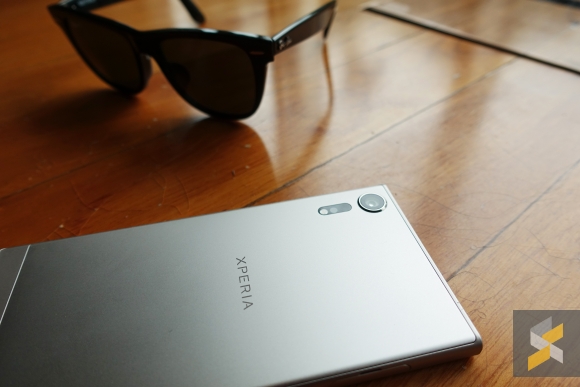
Playing it safe.
Three words that almost perfectly describe the Sony Xperia XZs. One quick look at the phone will reveal that this “new” handset is nearly identical to last year’s XZ. It has the same body, same shape, same look and same 5.2-inch Full HD IPS display.
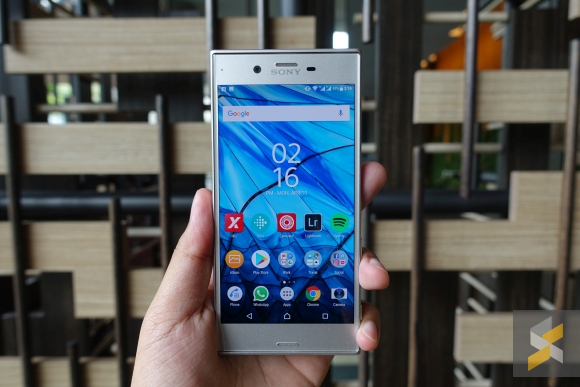
And this lack of innovation when it comes to body and design — something Sony is actually well known for — especially on their flagships really pisses me off. The new XZs retains the XZ’s iffy metal shell which doesn’t feel like it’s worth nearly three thousand ringgit and bezels that huge do not have a place on a 2017 flagship. I’d even argue that the XZs’ mid-range cousin, the Xperia XA1, looks more modern.
Take a peek under the hood and you’ll find that it’s almost the same story there. Sure, it gets a little boost in RAM to 4GB, but the processor remains a stubborn Snapdragon 820 quad-core chip with 64GB of expandable storage.
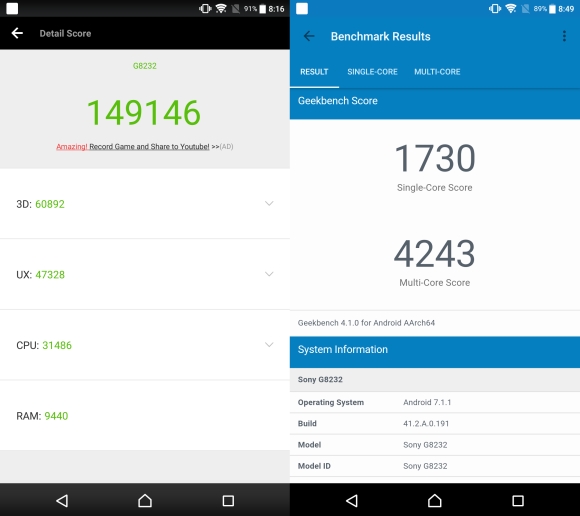
I won’t say that performance is bad because the Snapdragon 820 chip isn’t exactly a slouch. These specs will still give you a smooth performance but for the price they’re charging, you can certainly find more powerful and better-performing phones for less.
Take a tour around the body and you’ll see more similarities. It still features a pair of stereo front-facing speakers, which should be really good, but have very little volume in them even compared to some mono speaker setups. Its fingerprint scanner is also identical and finds itself it the same inconvenient spot at the side of the phone.
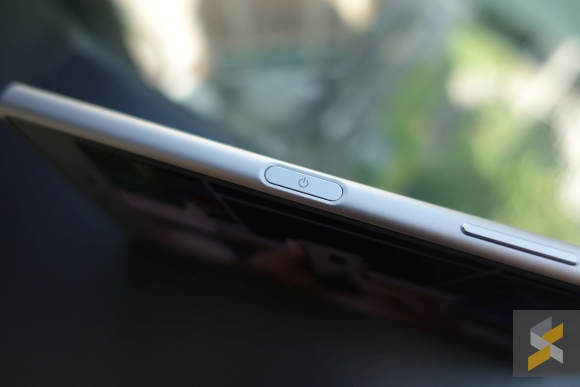
As far as I can tell, its performance is identical and it still won’t work if your finger has any kind of moisture on it — kind of ironic when the handset itself is water resistant.
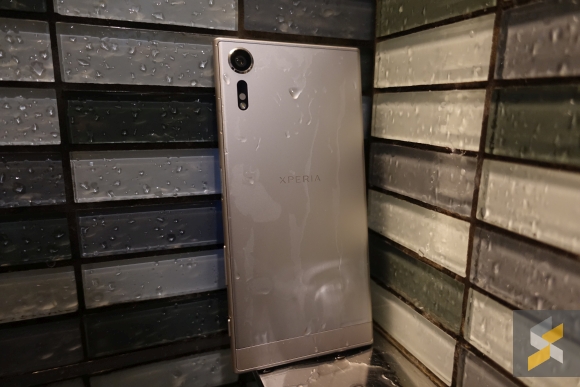
Still, the Xperia XZs isn’t without a redeeming feature. I really like that Sony kept the physical shutter button — making them one of the few manufacturers who still do — and I think it has pretty good all-day battery life (averaging 4 hours of screen on time on my usual usage). Unfortunately, it doesn’t charge very quickly even though I was using the bundled fast-charging power brick. A full charge took a whopping two and a half hours while 30 minutes gave me about 30%.
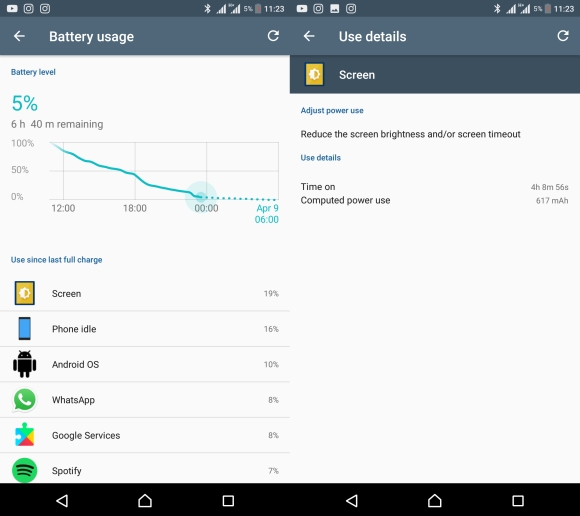
You might have noticed that I haven’t talked about what is probably the XZs’ biggest standout feature — its camera. Well, that’s because the camera is just OK. As a smartphone camera, it’s relatively snappy — though can stutter especially in low light — and quite fun to use if you’re a fan of a physical shutter key.
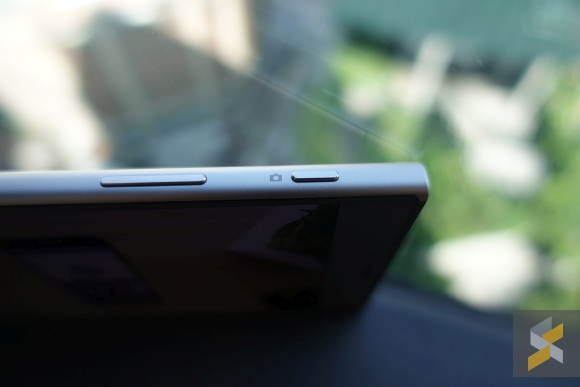
Image quality straight out of the 19-megapixel f/2.0 camera is pretty good. There’s nice sharpness, good colour reproduction and pretty good dynamic range too. However, when you start cropping in, you’ll definitely notice the heavy post-processing that’s reminiscent of old Samsung smartphones. It also doesn’t perform very well in low-light. Even moderately lit situations can bring out a lot of noise in the shot.

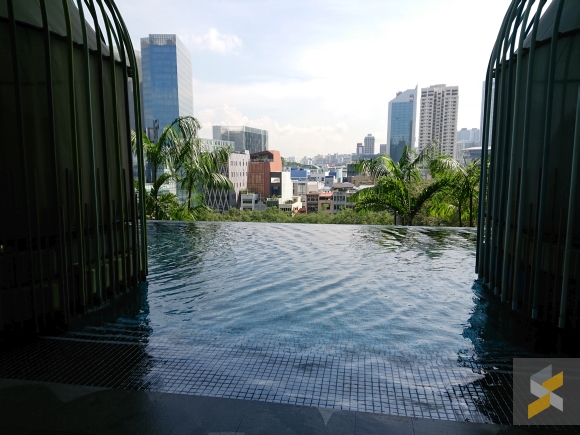
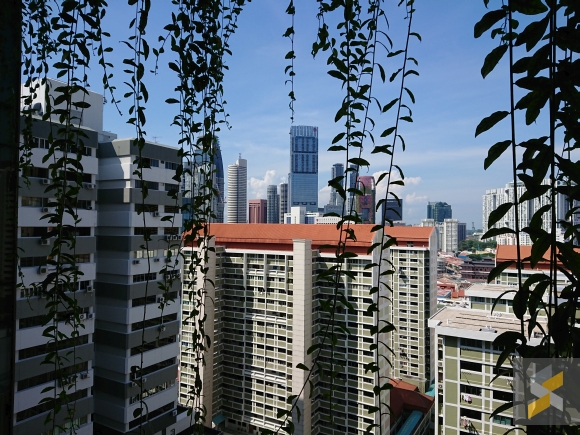
That said, close up shots in good light can turn out really nice. Just look at the detail on this nail:
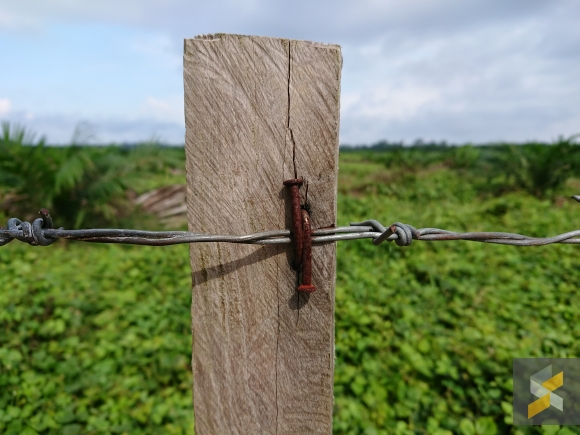
But, being an average camera wasn’t what Sony advertised. You see, the Sony Xperia XZs comes with a brand new world’s first memory stacked sensor in a smartphone. It’s called Motion Eye and it’s basically supposed to bring the capabilities of something like Sony’s wildly popular (and absolutely awesome) ultra-compact point-and-shoot RX100 V into a smartphone.
This memory stacked sensor gives the camera two new features: 1. Predictive capture, 2. 960 fps slow motion (otherwise known as suuuuuuper slow motion).
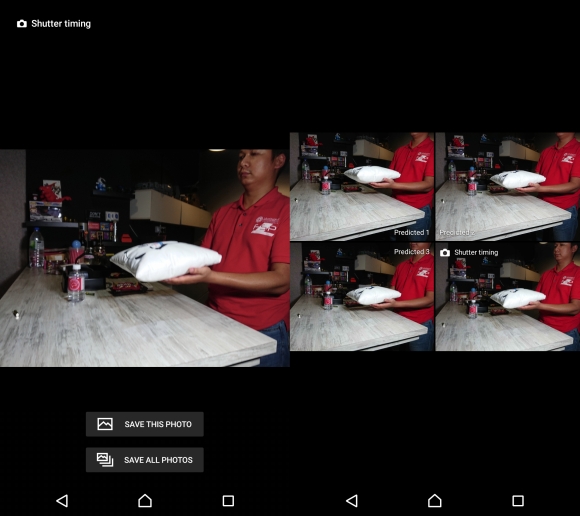
Let’s start with predictive capture. In essence, the new sensor is capable of recognising fast-moving action in a scene and preemptively buffer shots before you’ve even hit the shutter button. This means that it can take up to 4 additional shots before you’ve even fully depressed the shutter button. Sounds ideal for fast-moving subjects then, right?
Well, not really. The first problem I encountered with it is the fact that you can’t manually switch it on. You can either choose “off” or “auto”. Now, if the auto detection was super reliable, I wouldn’t mind so much but through my testing, I could run the exact same scenario multiple times and have it only trigger once or twice — which makes it super inconsistent especially in any setting that isn’t super well lit. A feature that requires you to pray to RNGesus before it works usually ends up being nothing more than a gimmick.
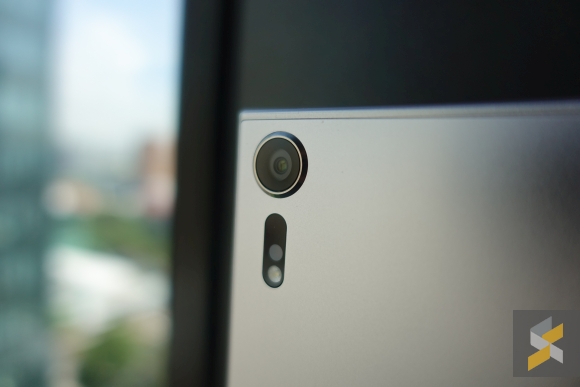
To make matters worse, if you have captured a selection of photos through predictive capture but did not manually save it, the photos don’t appear in your gallery. Instead, it gets placed in a separate folder which you have to access through a file manager.
Next, is the 960 fps ultra-slow motion feature. If Sony’s marketing is to be believed, this is the single highlight feature of the XZs but it does come with the unfortunate tagline “Super slow motion. Super Wow expression.”. I mean, what does that even mean?
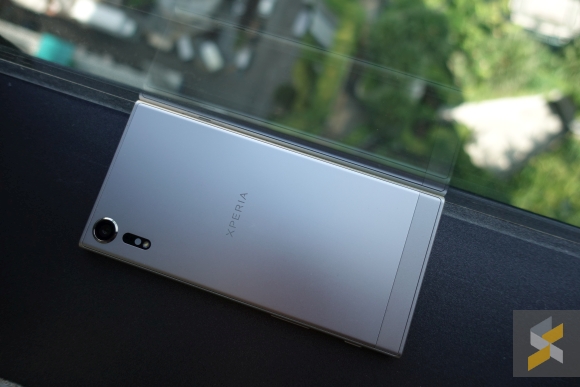
Peculiar slogan aside, this camera’s capability to shoot in ultra-slow motion is no joke. When I saw the demo at MWC 2017, I was blown away — it was incredible. But here’s the thing about controlled demos, they’re almost never indicative of real-life.
When I started using this feature in my day-to-day, I found two major problems with it. The first is that being able to reliably capture super fast moving objects also requires that you have superhuman reflexes. You see, when you enter the slow-mo mode and start recording, the camera records footage as usual with an on-screen button which you have to press to trigger the slow-mo.
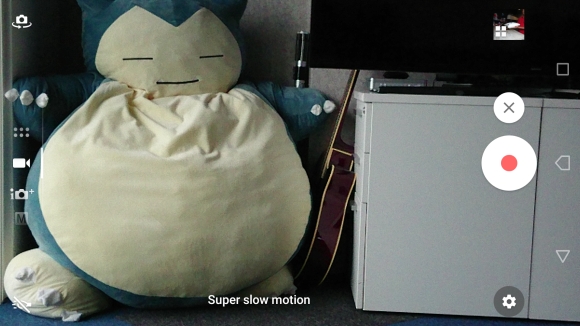
Once pressed, the camera will capture a brief (less than 2 seconds) burst of footage at 960fps then go back to regular recording. This means that if you want to capture super-fast moving objects or moments, you will need to tap the button at exactly the right second or you’ll miss it. And you won’t want to capture anything slower than super fast because it will look ridiculous at 960fps.
Secondly, the quality is quite bad. Yes, this slow-mo recording happens at 720p resolution, but when you try to do it in anything but the most well-lit locations, you will be left with incredibly grainy footage. Check out this low-light video sample:
So, at the end of the day, what we have here is nothing more than a gimmick. It’s a really cool gimmick, no doubt, but after a few sessions of showing everyone your phone’s party trick, I doubt many of you will ever use the feature especially considering how much setup you need to reliably get a proper slow-mo shot.
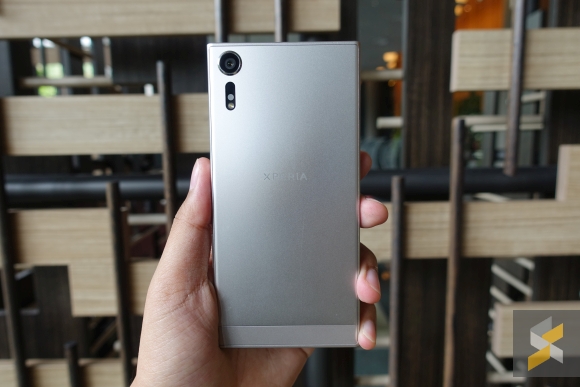
To me, Sony’s Xperia XZs is a safe bet for a company that needs to earn a profit. They reused a design that their fans liked, bumped up the specs ever so slightly and slapped on a brand new camera with some fancy features.
With their backs against the wall and their war chest running dry, Sony did their best with what they had.
When you’re a division of a company that really needs to be profitable, the XZs is pretty much the best way to earn a quick buck before the proper flagship XZ Premium goes on sale. I mean, even Apple’s done the same when they released the iPhone SE so can I really blame Sony for this lack of innovation?
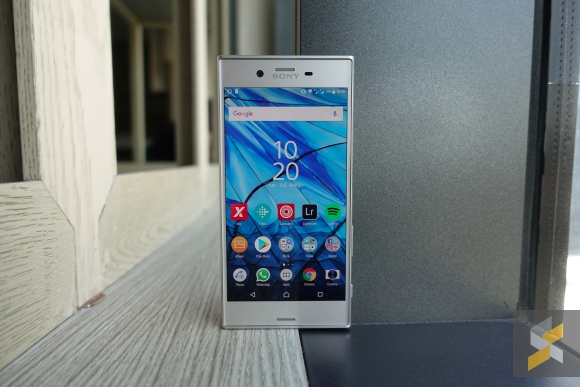
Well, if they’re charging RM2,899 for the XZs, you bet I can. At the end of the day, I’m an end user and if I’m going to be spending my hard earned cash on a smartphone, I’m going to pick the best damn device I can get for that money. Unfortunately for Sony, I don’t think the XZs makes that cut.
I’d even argue that last year’s XZ is better value because it’s RM200 cheaper and can give you almost the exact same experience sans the gimmicky slow-mo and predictive capture.
Of course, this higher price tag could also be because of the falling Malaysian Ringgit as the XZ and XZs both launched with a price tag of USD700 unlocked. That’s more than RM3,000, if you convert directly, which means Malaysia’s XZs is significantly cheaper than the US. But, when the money is coming out of your own pocket, how much does this fact matter to you?
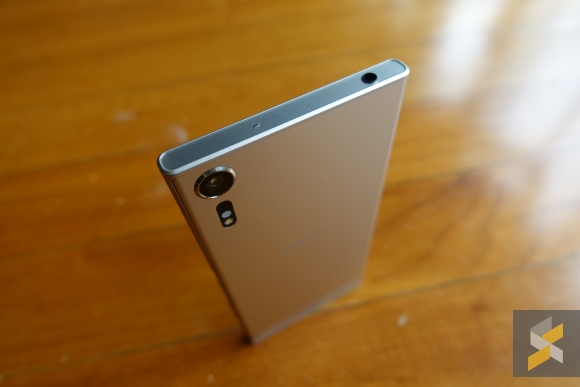
The smartphone market, especially at the high-end, is so incredibly competitive right now that even old giants like HTC have had to cut their flagship prices down just to remain in consideration. Sony isn’t the big smartphone player it used to be and their sales figures are a strong indication of that but it looks like that reality hasn’t hit their pricing yet.
I don’t know how long they can keep selling nearly identical devices for a bigger premium especially when those devices already feel dated the moment it comes out. I mean, have you seen the Samsung Galaxy S8? Just hold those two phones up side by side and you wouldn’t believe that they were launched in the same year.
There is no mercy in this market and the weak will be culled. If Sony keeps down this path — which it looks to be the case — there will be another three words that will perfectly describe them:
In deep trouble.
[nextpage title=”Camera samples”]
Here are more photos captured with the Sony Xperia XZs’ camera. Click on each image for the full resolution.
Bonus selfie

